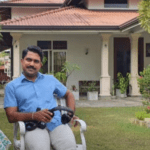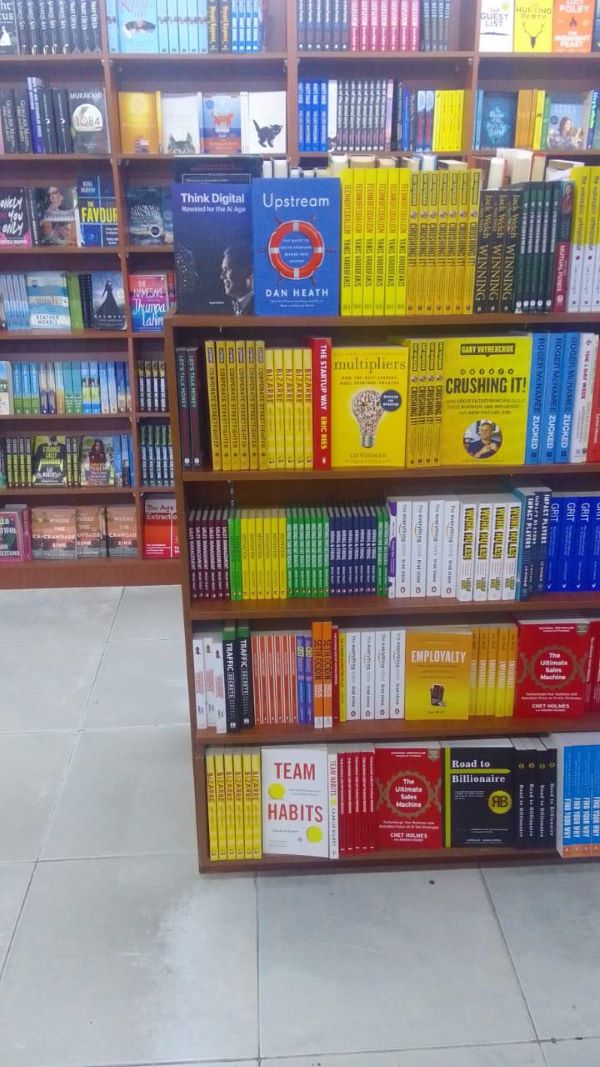Coconut- an Asian dietary essentialwas bashed again by Western researchers, despite its increasing popularity in the West. – By Dr Harold Gunatillake

In the fifties, sixties and before, our coconut properties, belonging to the private landowners and companies, paid particular attention to fertilising the coconut trees, and the production was sufficient for the local population and exports as copra for our foreign currency earnings. The trees were big and healthy looking.
Coconut plantations flourished in the Sri Lankan coasts from Chilaw to Matara in the post- Anuradhapura period. In the 15th century, King Parakramabahu VI gifted a coconut plantation to the Thotagamuwe Vijayaba Pirivena. Spanish and Portuguese explorers coined the name coconut in the 16th century.
We were proud then of our coconut growth, including rubber and tea plantations, the main products that gave us sufficient foreign exchange.
Then, in 1972 – The land Reform Act was introduced with political motives when unnecessary.
Having identified a common yearning for land and livelihoods, Mrs Bandaranaike appointed the Land Reform Commission. Tasked with land re-distribution, the introduced regulations limited landowners to possessing 50 acres. Possibly, most of the landowners were UNP supporters.
The lack of far-sited policies brought in more issues, and production dropped due to this distribution.
Land reform intended to distribute land holdings among people taken from large landowners and foreigners, a large number of smaller landholders were expropriated to make considerable state holdings.
Rohan Pethiyagoda, head of Sri Lanka Tea Board, a regulatory body covering the tea sector, say the way Sri Lanka conducted “land reform in the 1970s was a disaster.”
The primary concern for the coconut industry following this land reform act is the scarcity of coconuts in the country. The trees became stunted with less production.
The Coconut Research Institute (CRI) and the Coconut Cultivation Board had initially provided inaccurate information on coconut crops, leading to unrealistic expectations from foreign buyers. As a result, Sri Lanka’s coconut industry is grappling with the repercussions of inadequate supply, impacting exports and domestic consumption.
This was the first bash for our coconut production, and there was a time when we would import coconuts for local consumption from Burma due to this reform act.
Presently, and in the recent past, the bashing is mainly due to the promotion of other oils condemning coconut oil due to alleged saturated fat harmful to our bodies.
Coconut oil is “one of the worst foods you can eat” and is “pure poison”, a Harvard professor has said. In a speech at the prestigious American university, Dr Karin Michels warned against consuming it. The address was called Coconut Oil and Other Nutritional Errors.
Coconut is a poison- so it will kill all people who eat coconut products and use oil for cooking. According to this lady’s pronouncement, half the world’s population will be wiped out soon.
Epidemiologically, this pronouncement can be contested for its unsupported ideas.
The idea that saturated fats cause heart disease, called the diet-heart hypothesis, was introduced in the 1950s by Keys based on weak, associational evidence. Subsequent clinical trials attempting to substantiate this hypothesis could never establish a causal link.
For example, research reviews have shown that full-fat dairy intake has a neutral or protective effect on heart disease risk, while coconut oil intake has been shown to boost HDL (good) cholesterol and may benefit weight loss.
The U.S. Government’s official position on coconut oil today is that it is dangerous for your health and that you should either avoid it altogether or only consume very modest amounts.
This official position has been given for over four decades because it is primarily a “saturated fat”, which they want you to believe leads to high cholesterol levels and heart disease.
Low doses of coconut oil added to the diet of mice for eight weeks led to alterations in their metabolism that contributed to the development of obesity and related co-morbidities, according to a new study.
The coconut oil disturbed the mice’s ability to properly use leptin and insulin, two hormones essential for regulating energy expenditure, hunger, and how the body handles fats and sugars.
The findings support the hypothesis that a diet high in saturated fatty acids can lead to leptin resistance. At the same time as leptin resistance is developing, the body’s fat storage tissue, known as white adipose tissue, also becomes less responsive to leptin.
The study was published in the Journal of Functional Foods. “The study proposes that coconut oil could make it harder for the body to properly respond to important hormones that manage hunger and energy use, at least in mice,” said nutrition scientist Dr. Taylor Wallace. “This could contribute to problems like obesity and resistance to insulin, which is a key issue in diabetes.”
Leptin is a hormone derived from adipose tissue and the small intestine, mainly in enterocytes; it helps regulate the energy balance by suppressing hunger, resulting in decreased fat mass in adipocytes.
If this theory is applied to humans, all Asians, Orientals, and Islanders should have an obesity problem. Still, obesity is a problem in the Western developed countries eating a Western diet excluding coconuts in the recipes.
An ecological study for Sri Lanka about the health effects of coconut by K Athauda 1, A R Wickremasinghe, B Kumarendran, A Kasturiratne
An ecological correlation study was conducted to determine the association between the consumption of coconut products and deaths due to cardiovascular disease (CVD) in Sri Lanka. Data on coconut consumption patterns from 1961 to 2006 were abstracted from the FAO database, mortality data from the Department of Census and Statistics reports, and UN databases.
The results do not provide evidence at the population level that consuming coconut products increases mortality due to cardiovascular diseases.
Coming in hot at the #1 spot, Sri Lanka eats the most coconuts out of every country in the world! At nearly 61 kg per capita, Sri Lanka truly is the coconut capital of the world!
Heart disease is increasingly prevalent worldwide, and Sri Lanka is no exception. According to data released by the World Health Organization (WHO) in 2018, over 22.6% of deaths in Sri Lanka are caused by cardiovascular diseases.
Common risk factors leading to cardiovascular disease include obesity, diabetes, high cholesterol, high blood pressure, smoking tobacco, a sedentary lifestyle, unhealthy eating habits, and clinical depression. Sri Lanka faces a vulnerable situation against the said risk factors as there is a high level of tobacco consumption in the country, with over 50-60 people dying every day due to smoking, and one in five adults in Sri Lanka is diabetic or prediabetic.
No research paper shows that these risk factors correlate to coconut consumption in their daily diet.
Heart disease is a common problem globally, including the number one killer in the US. It is essential to acknowledge that specific steps, such as lifestyle changes, can be taken to prevent developing cardiovascular disease and reduce the severity of its complications. It has no relation to the consumption of saturated fats in coconut.
High blood pressure is a leading cause of heart disease and stroke because it damages the lining of the arteries, making them more susceptible to plaque buildup, narrowing the streets leading to the heart and brain, and not consuming too much-saturated fat.
For their survival, most research workers produce research papers on subjects like coconut or eggs and reveal experimental work on rats without connection with humans.
The truth is that those who consume coconuts in their curries and pol sambal, a favourite mixture that goes with Asian foods such as string hoppers, hoppers, flatbreads, rice, and curry, must continue with no guilt.
I hope this video article was helpful.
Stay safe, eat coconut products and be healthy. Goodbye for now.




















